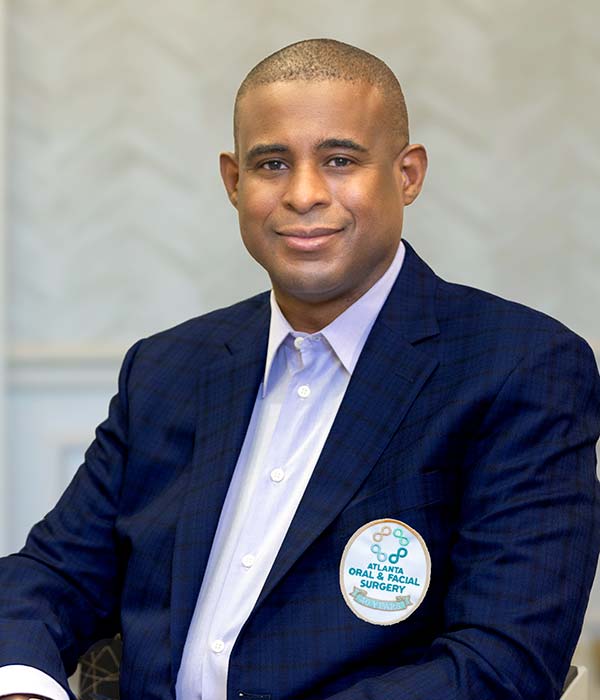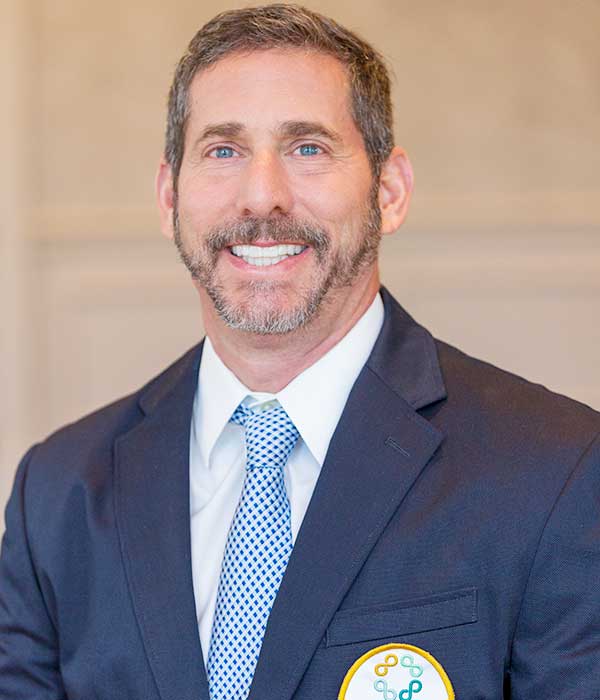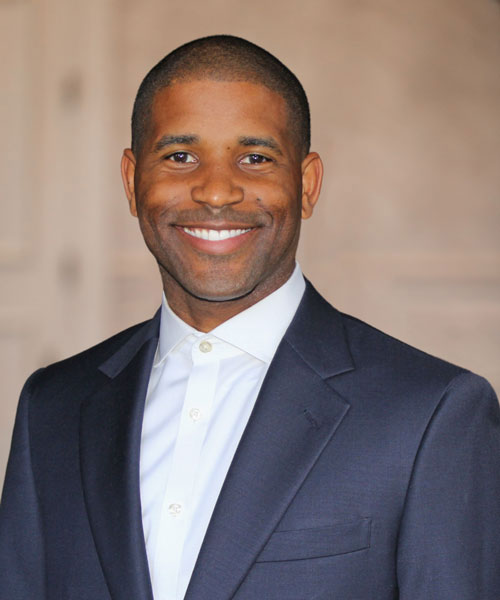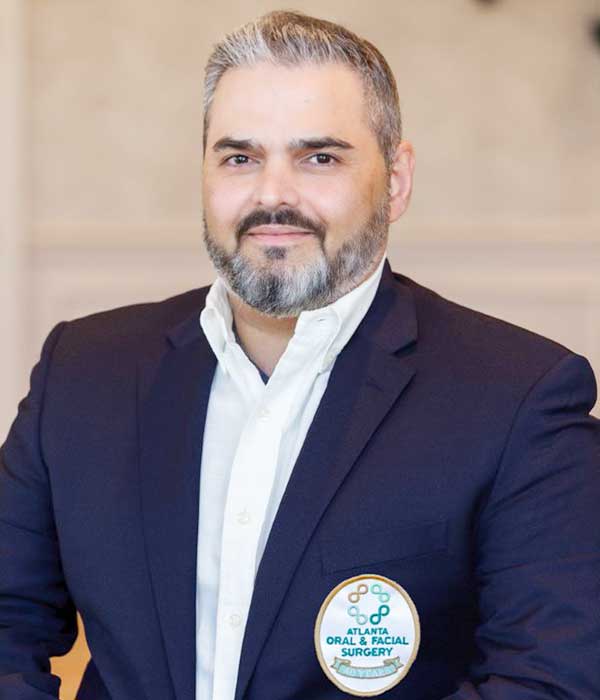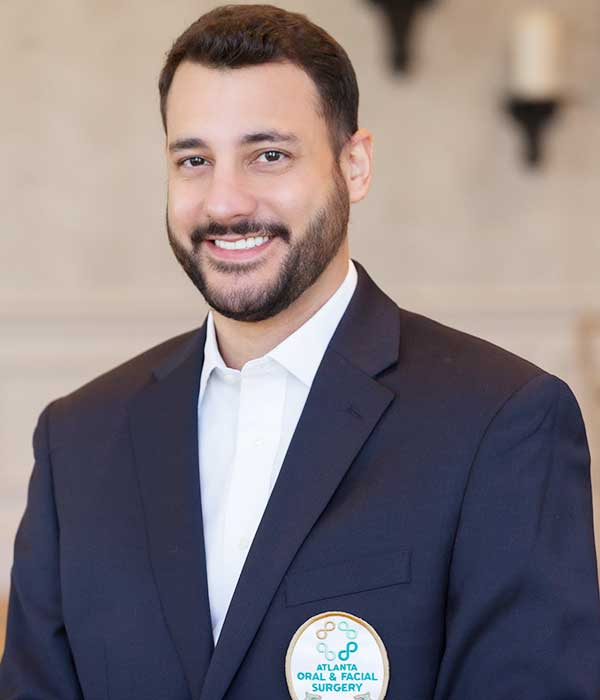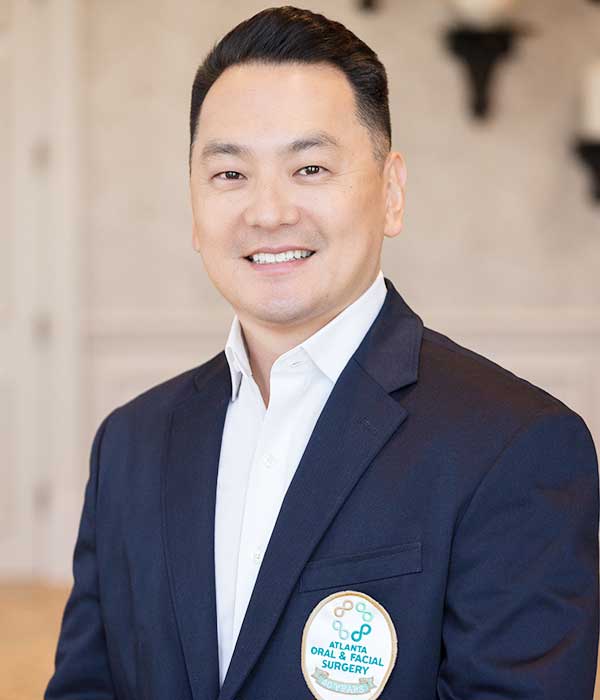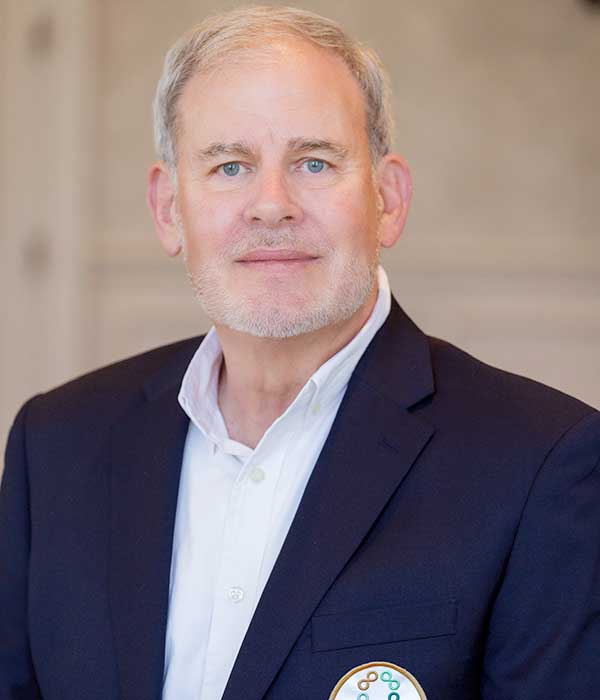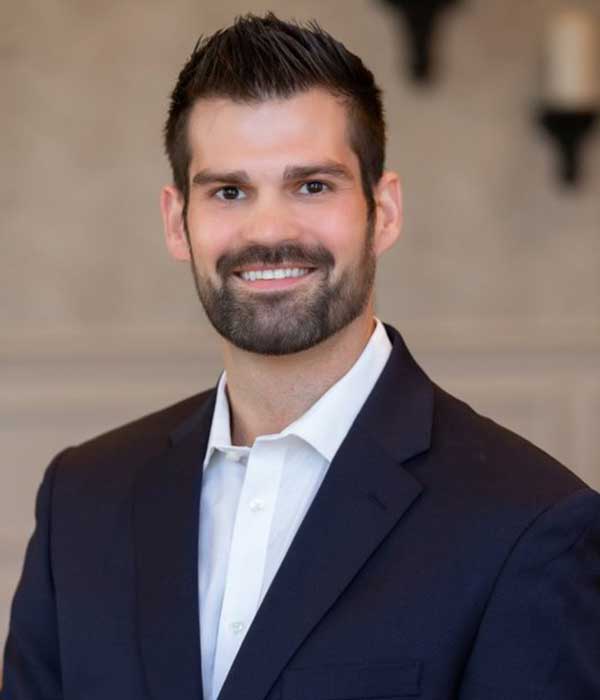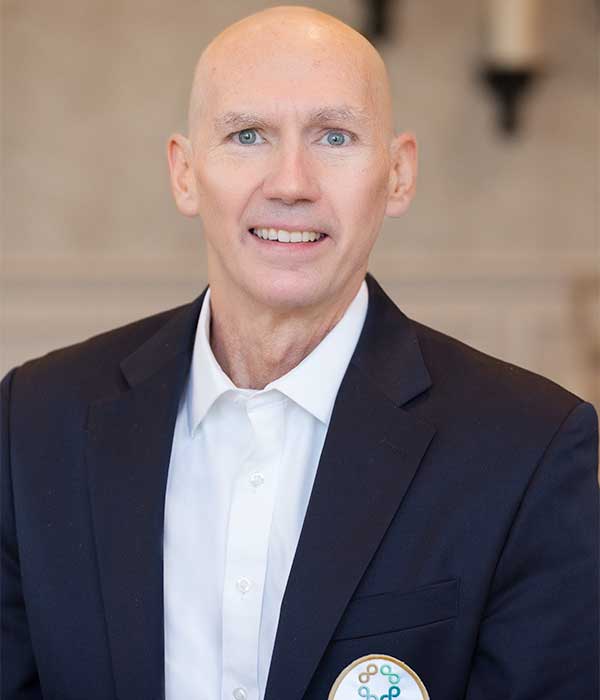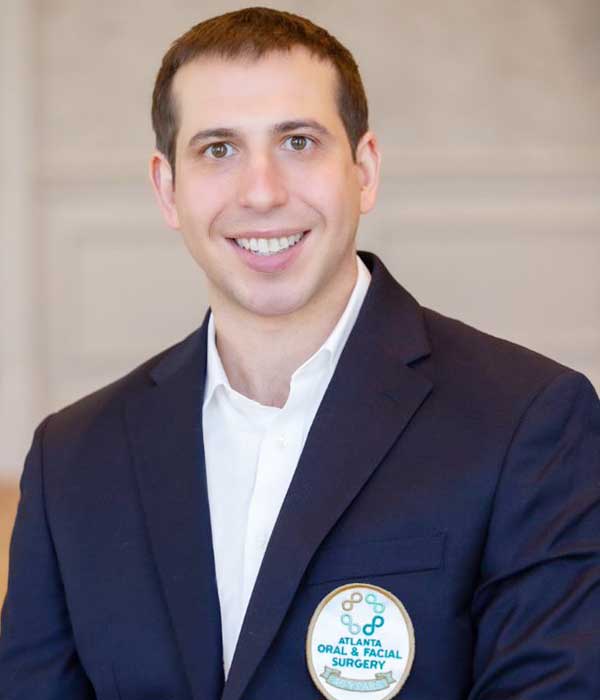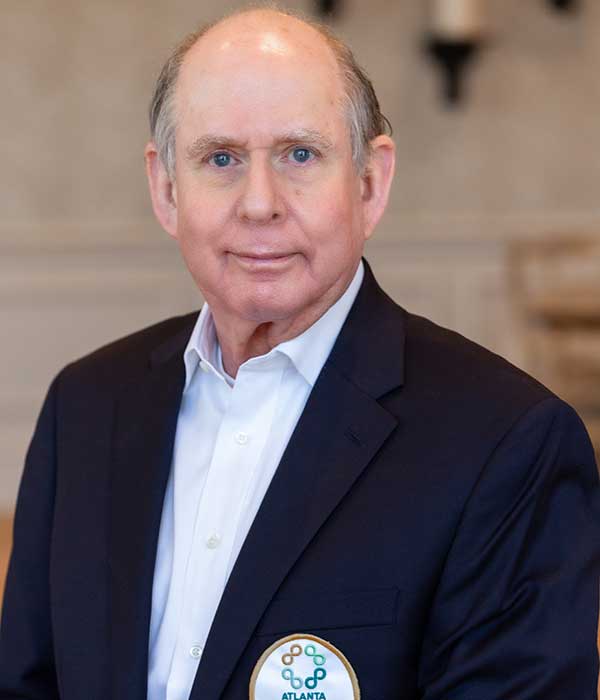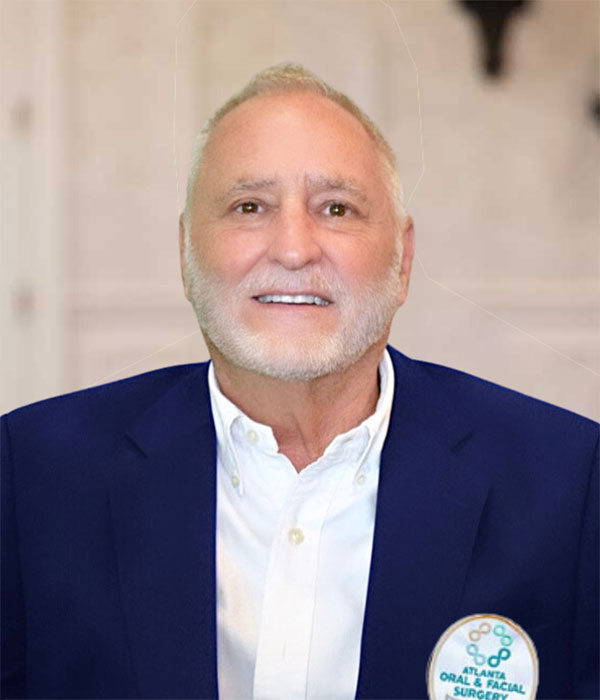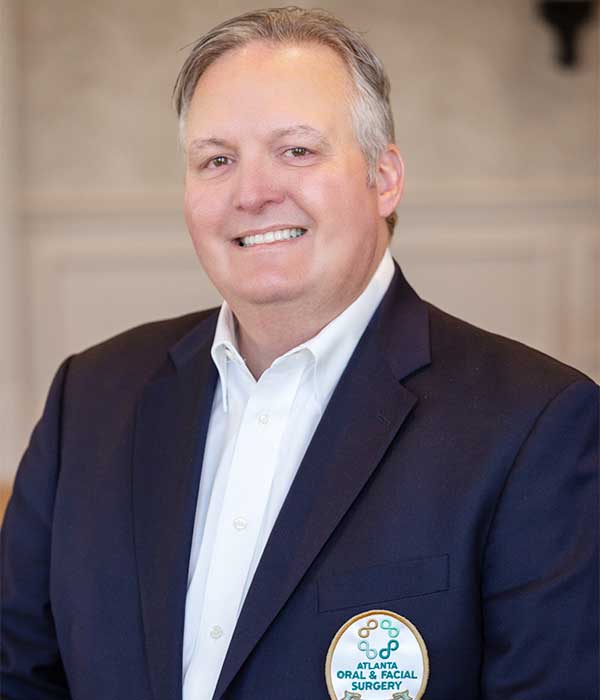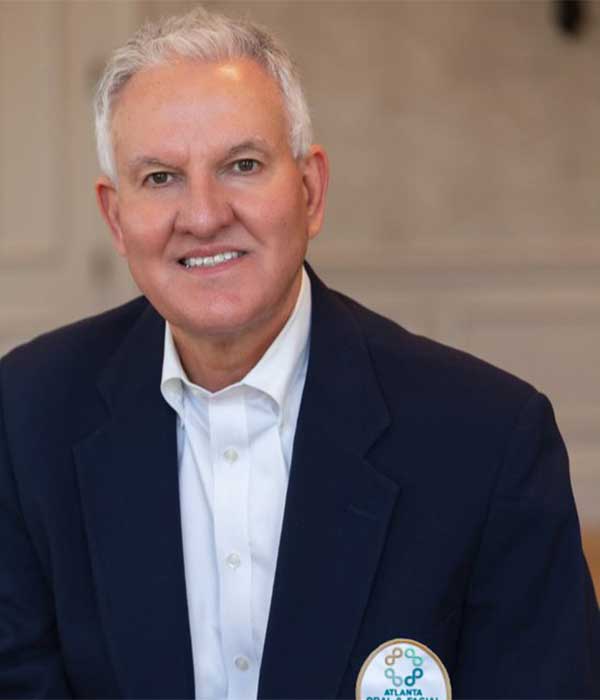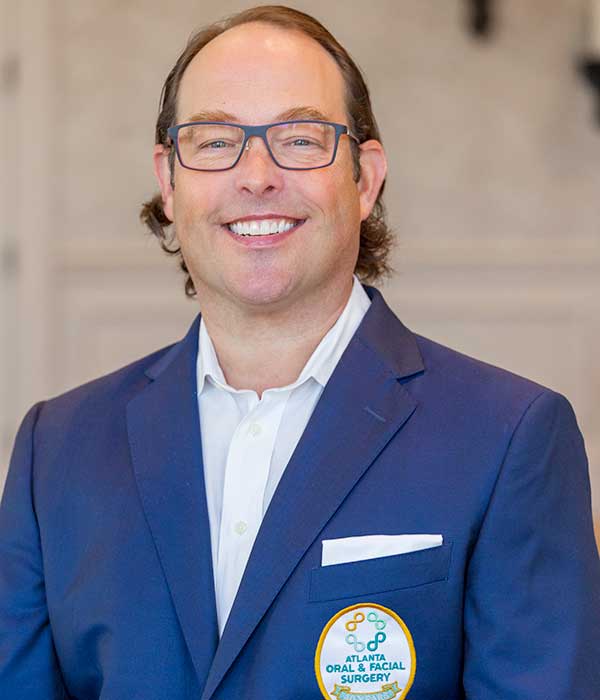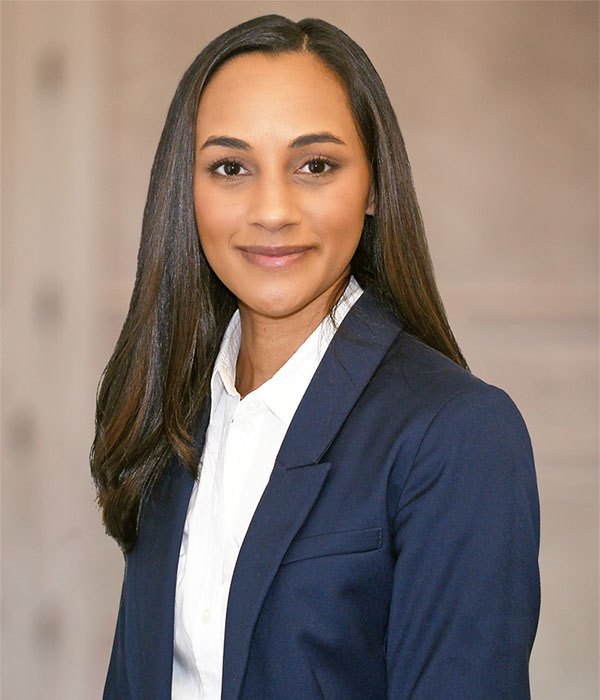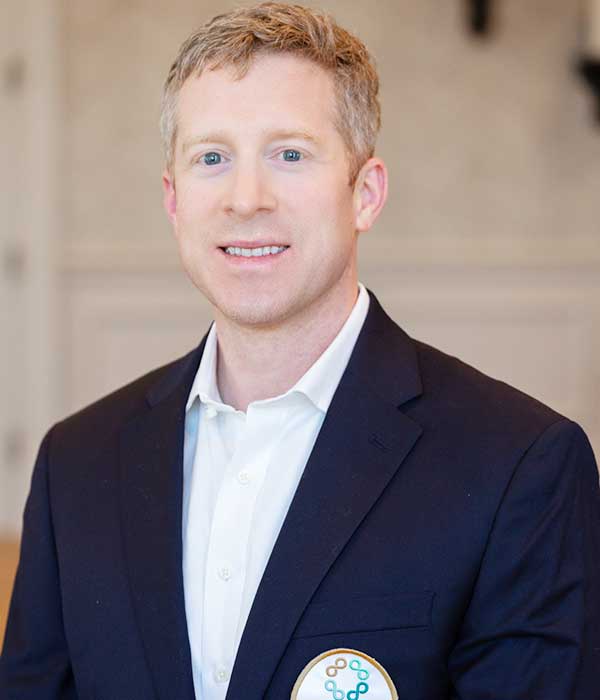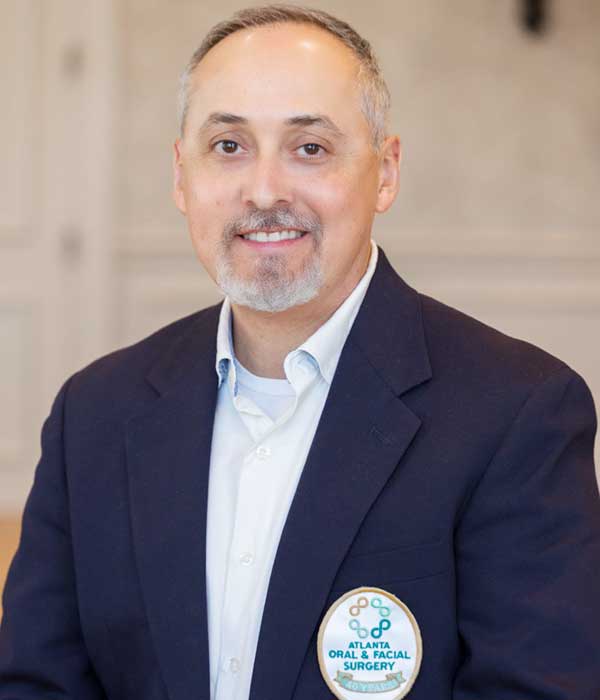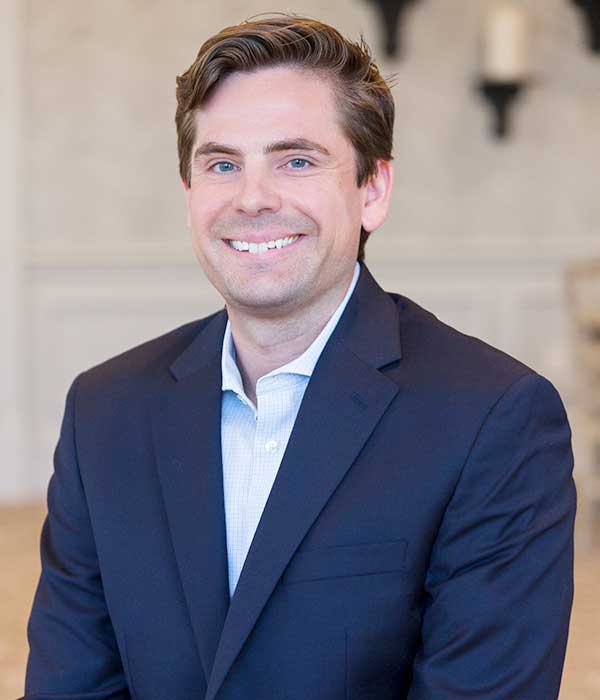The Importance of Treating Sleep Apnea
Did you know that sleep apnea affects more than 22 million Americans? Are you one of them? This is a very serious disorder that causes people to stop breathing when they’re sleeping, but you may have the condition and not realize it. If you snore, feel groggy in the morning, or have a hard time concentrating, you may be suffering from sleep apnea. Diagnosing and treating sleep apnea early can help prevent some serious long-term consequences. ,
Sleep apnea most commonly occurs when the tissues at the back of your throat, tongue, and jaw relax and either partially or completely block your airway. This causes a lack of oxygen to your vital organs, including your brain and heart, which can be very dangerous. Without treatment for sleep apnea , you may be at an increased risk of many different conditions, including heart disease, stroke, Alzheimer’s disease, endocarditis, diabetes, and high blood pressure.
There are two types of sleep apnea, obstructive and central sleep apnea.
- With obstructive sleep apnea (OSA), breathing stops for more than ten seconds at a time. This is the most common type of sleep apnea. With OSA the airways become obstructed , and this makes it very difficult to inhale. In severe cases, you may stop breathing multiple times per hour. Often, people don’t even realize they have obstructive sleep apnea until
 their partners tell them that they are snoring, and their breathing is interrupted while they sleep. For someone suffering from OSA the signs and symptoms include snoring, dry mouth, daytime sleepiness, headaches, and waking up choking and gasping for air. This condition is also often associated with erectile dysfunction, high blood pressure, and even acid reflux. Fortunately, there are good options available to treat sleep apnea. Your ENT or sleep physician can conduct a sleep test to collect data during the REM and NREM cycles during sleep, and once a diagnosis is made, then determine the best form of treatment depending on the severity of your apnea . For mild to moderate OSA there are multiple conservative tx options such as an oral device to advance the mandible (lower jaw) forward and therefore opening the airway.. CPAP is considered the gold standard of treatment and may be recommended for more severe cases. A CPAP is a type of positive airway pressure machine that uses sensors to measure breathing resistance and vary the airflow to meet the user’s needs. In some cases, surgical treatments may be a good option. These include tonsillectomy, uvulopalatopharyngoplasty to remove and rearrange obstructive tissue, or an AIRvance system. AIRvance is an FDA-approved surgical procedure that stabilizes the tongue, preventing it from obstructing the airway. There is also the option of the inspire device which is an implant for the tongue that stimulates it to protrude forward opening the airway.
their partners tell them that they are snoring, and their breathing is interrupted while they sleep. For someone suffering from OSA the signs and symptoms include snoring, dry mouth, daytime sleepiness, headaches, and waking up choking and gasping for air. This condition is also often associated with erectile dysfunction, high blood pressure, and even acid reflux. Fortunately, there are good options available to treat sleep apnea. Your ENT or sleep physician can conduct a sleep test to collect data during the REM and NREM cycles during sleep, and once a diagnosis is made, then determine the best form of treatment depending on the severity of your apnea . For mild to moderate OSA there are multiple conservative tx options such as an oral device to advance the mandible (lower jaw) forward and therefore opening the airway.. CPAP is considered the gold standard of treatment and may be recommended for more severe cases. A CPAP is a type of positive airway pressure machine that uses sensors to measure breathing resistance and vary the airflow to meet the user’s needs. In some cases, surgical treatments may be a good option. These include tonsillectomy, uvulopalatopharyngoplasty to remove and rearrange obstructive tissue, or an AIRvance system. AIRvance is an FDA-approved surgical procedure that stabilizes the tongue, preventing it from obstructing the airway. There is also the option of the inspire device which is an implant for the tongue that stimulates it to protrude forward opening the airway. - If you have central sleep apnea, it’s caused by your brain temporarily not sending signals to the muscles involved in respiration. This often happens in older adults and is usually associated with an illness. Cheyne-Stokes respiration, drug-induced central apnea, high-altitude periodic breathing, and idiopathic central sleep apnea are all examples of central sleep apnea. Symptoms of central sleep apnea include insomnia, hypersomnia, chest pain, frequent waking in the night, shortness of breath, and abnormal breathing patterns. Left untreated, central sleep apnea increases the risk of cardiovascular issues and can take a toll on your physical and mental health. Treatment options include CPAP, (continuous positive airway pressure), decreasing the use of narcotics, and determining whether there are any underlying medical conditions involved. There are also oral mandibular advancement appliances, which help keep the airway open during sleep.
Now that you know how to treat sleep apnea, it’s important to find a reputable and experienced surgeon to help. For over four decades, Atlanta Oral and Facial Surgery has provided a long list of oral and facial solutions to restore our patients’ smiles and improve their quality of life. The region’s premier choice for oral and maxillofacial surgeries, we have an impeccable safety record and a team of highly trained, board-certified surgical professionals, committed to patient safety and surgical excellence. AOFS is the largest surgeon-owned oral surgery practice in the United States, and we can manage a wide range of problems with the teeth, mouth, jaw, and other parts of the face, so our patients don’t need to go elsewhere to find the care they need. We are dedicated to helping patients achieve optimal health and wellness, and it is our ambition to provide our broad scope of surgical and nonsurgical services to as many patients as possible. Whether you need TMJ treatment, dental implants, removal of wisdom teeth, or another type of oral or facial surgery, we are here to guide you through all of your oral surgery needs. Call us for more information at 877-269-2637, or contact us through our website to schedule a consultation.




